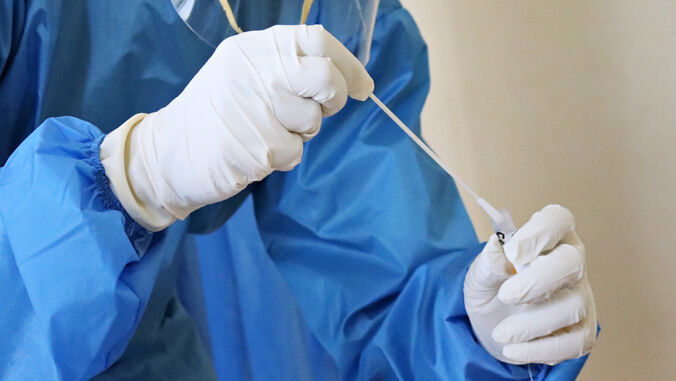
How the federal government's response to the COVID-19 pandemic created a perfect storm in which private laboratories can earn huge profits from PCR testing while potentially impacting health care premium costs, is described in a June 9 Journal of General Internal Medicine paper published by a team of researchers, including three economists from the University of Hawaiʻi at Mānoa College of Social Sciences.
Two major components of the U.S. government's response to the pandemic are the Families First Coronavirus Response (FFCRA) and Coronavirus Aid, Relief and Economic Security (CARES) acts. While the acts require commercial insurance plans to cover COVID-19 testing costs without any cost-sharing for patients, they are silent on the prices that labs can charge.
"In many concentrated insurance markets such as Hawaiʻi, insurers have few incentives to negotiate lower prices. They can easily pass these costs onto premiums without losing market share," said co-author Tim Halliday, economics professor in UH Mānoa's College of Social Sciences and UH Economic Research Organization (UHERO) research fellow. "The financial consequences of high profit for testing providers are borne by plan sponsors and will likely result in higher insurance premiums other things equal, passing the burden to patients."






